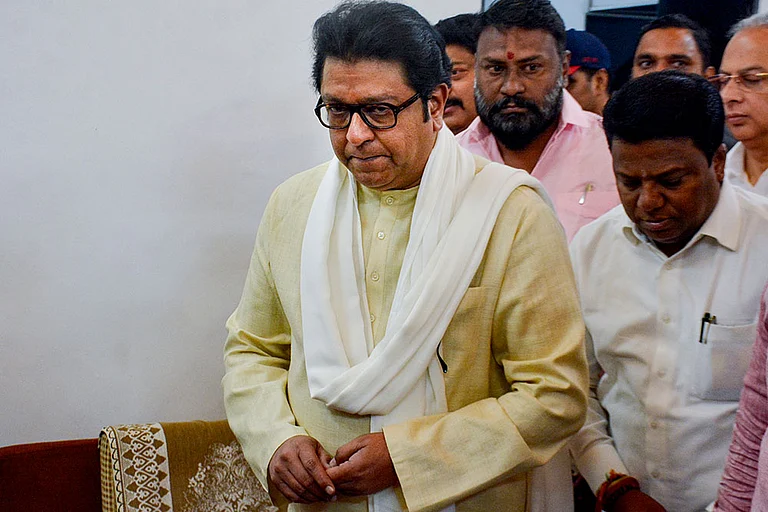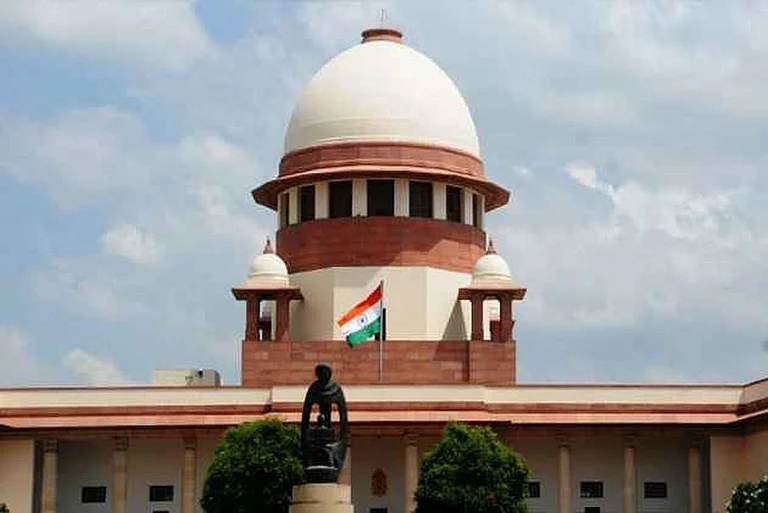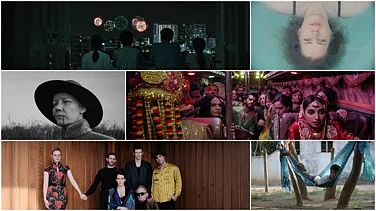Samira studied in England but is in Pakistan for an arranged marriage. But before the nuptials, she is kidnapped by a mysterious British man. During the initial few scenes of film, The Wedding Guest, which had its world premiere at the Toronto International Film Festival, she spends her time locked in the trunk of a car, her mouth sealed with duct tape.
That is what we get at the outset of the film, from prolific British director Michael Winterbottom (A Mighty Heart, Trishna): Plenty of mystery. Much of the questions raised are never quite answered, like who is the man? Is he simply a mercenary, as it appears, traveling from London to Pakistan and into and across India with a slew of false IDs and passports. He may be Jay, the name he uses while speaking to his contact in London, but there's no certainty about that either. Could he be a terrorist as the opening minutes suggest, or just a criminal? Is this a caper, because it later involves stolen gems, or about the complications of relations? That's the sort of chameleon role, one without definition that actor Dev Patel inhabits, in what may be among the most challenging characters he has portrayed. All that is meant, as director Michael Winterbottom said during a roundtable discussion in Toronto, as he’s trying “not to say what the film is about" and "as the film unfolds, it keeps slightly shifting.” What's most surprising about The Wedding Guest is that despite its opacity, it has an organic flow, one that makes for compelling viewing.

Not least of that is the character of Samira, played with panache by Radhika Apte. She emerged from captivity in the trunk, and subsequently, very symbolically, appears in the driver’s seat, and as the duct tape disappears, she finds her voice. We learn the plan is elopement with another British man in India, but one her traditional society may not approve of, for he is neither Pakistani nor Muslim. She manipulates her kidnapper, seducing him into complacency. So, maybe this is a feminist film? Winterbottom acknowledged he went into the film, as he often does with his projects, with a script, but not necessarily a plan. And when it comes to such gonzo filmmaking, only he could have delivered a production that still seems whole despite all the holes left unfilled.
The other aspect of this film is that it never romanticises or exoticises India; the usual tourist tropes are happily missing. And that may because Winterbottom prefers filming guerilla style, unleashing his actors onto “real streets", with real people. And all those elements add up to a movie, that's far from conventional but is a complex joy, and at its core, a thriller beyond the constraints of the genre.

























